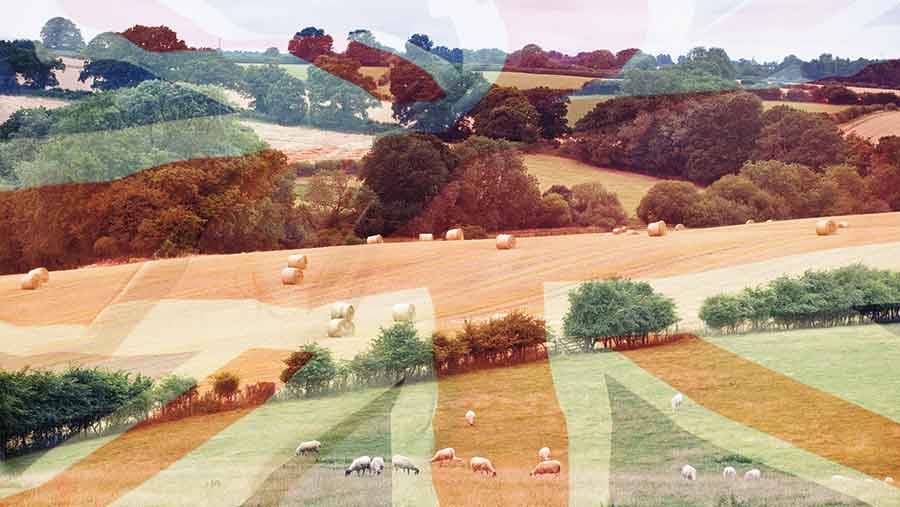Opinion: Brexit has made us a laughing stock around the world
 © Tim Scrivener and ING
© Tim Scrivener and ING It is traditional in the first issue of a New Year for columnists to attempt to predict the future.
This is challenging in any year particularly as printing schedules require copy to be submitted before the Christmas holiday. But add to that the uncertainty, not to say chaos, ruling politics at present and it becomes virtually impossible.
See also: MPs table amendment to Agriculture Bill to support hill farmers
It could, of course, be that Santa will have delivered solutions to Theresa May’s problems and that suddenly Britain’s future will have become straightforward and clear.
In the unlikely event that did not happen on Christmas morning, we are left with the biggest mess I can remember in almost 60 years of farming.
To a limited extent, agriculture is one of the few matters not in dispute in the corridors of power. For we already know that the CAP will not survive in the UK and that BPS payments will be phased out over a few years from 2022.
Meanwhile, we have a divided country, a divided industry and a divided parliament presided over by a lame duck prime minister.
It is a shaming situation in which this formerly great country finds itself and I have little doubt we have become a laughing stock across Europe and the rest of the world.
But let us examine what we do know about the future of farming. Within a very short time in the context of arable rotations and livestock breeding cycles, BPS payments on which so many farmers rely for a margin will decline before disappearing altogether.
We will then be at the mercy of world markets ruled by supply and demand. Volatility will be inevitable and profits will come under even greater pressure.
Whether free trade for exports will survive any deal – or no deal – is still unknown. If not, it will spell the end for many grazing livestock enterprises in this country and ultimately, as numbers of animals fall, change the look of the British countryside.
In or out of the EU, we shall continue to come under pressure from environmentalists to produce food using fewer chemicals. The trend to ban active ingredients in sprays and the like for political rather than scientific reasons will make it more difficult and more expensive to control diseases in crops and stock.
And increasing limits on migrant labour on horticultural holdings, together with more and more dairy farms, will cause many to cease the production of some commodities.
So at a time when logic, a growing world population and climate change dictate that UK farmers should be trying to produce more food, many will give up the struggle or, paradoxically, diversify into anything other than food.
One day, and I will not put a date on it, politicians may realise the error of their ways and seek to ensure farmers are properly rewarded for what they do – and I don’t just mean for “the public good”.
Whether it will take another war or demand grows because of more mouths to feed I don’t know. But if our political masters continue to make such a mess of things over Brexit, it might happen sooner than we think.
